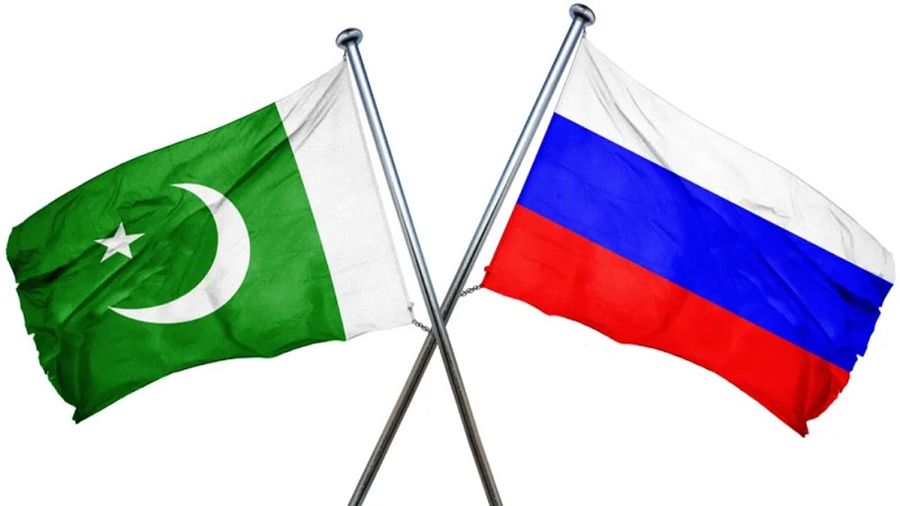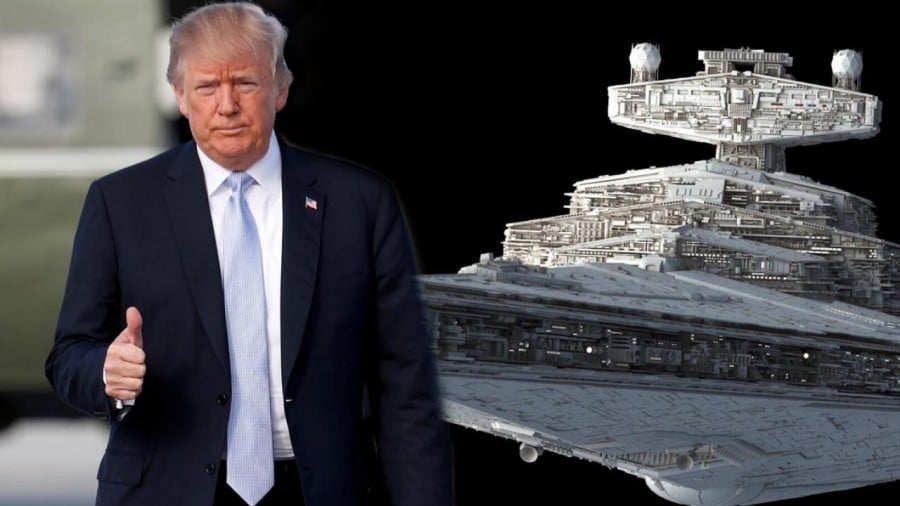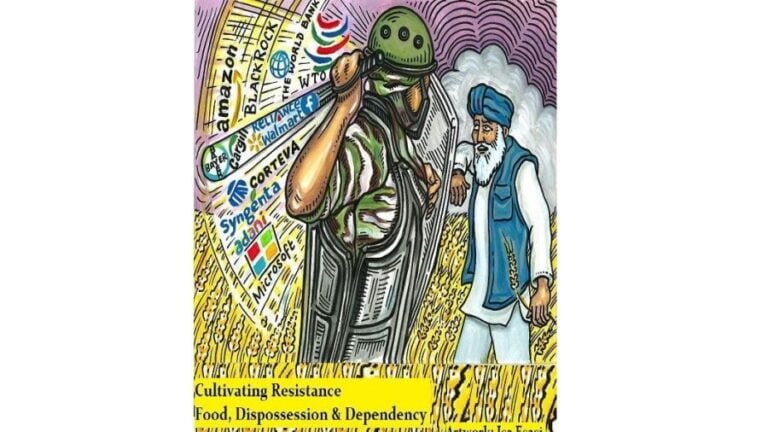Deciphering Pakistan’s Mixed Signals Towards Russia
Pakistan seems to be hedging its bets on its hoped-for rapprochement with the US, partially conceding to America’s implied demands to distance itself from Russia to an extent but still not doing so in full out of fear that it might prematurely burn this bridge without getting anything in return.
The global pivot state of Pakistan has sent mixed signals towards Russia since the scandalous ouster of former Prime Minister Imran Khan, who accused the opposition of overthrowing him as part of a US-orchestrated regime change to punish him for his independent foreign policy, especially its Russian dimension. They in turn claimed that their no-confidence motion was constitutional and therefore legal, though the Supreme Court recently ruled that dissident lawmakers cannot cross party lines during such votes. That didn’t reverse the outcome but it still cast questionable legality, if not morality, on the former leader’s ouster.
In the weeks since former Prime Minster Khan’s scandalous removal, Pakistan’s policy towards Russia can objectively be described as confused, which many interpreted as adding credence towards his narrative that he was overthrown partially because he sought to cultivate strategic relations with that Eurasian Great Power. On the one hand, baby steps were seen after President Putin congratulated newly inaugurated Prime Minister Sharif and the latter reportedly sent him a message expressing his desire to strengthen cooperation. Foreign Minister Lavrov also congratulated his new Pakistani counterpart and invited him to Moscow, who in turn shared his Prime Minister’s reported views.
The problem, though, is that talks between Russia and Pakistan on agricultural and energy imports seem to be frozen since the new government entered office. Former Prime Minister Khan claimed that he was on the cusp of clinching a deal to import both from Russia at a whopping 30% discount before being removed, which his successor was conspicuously silent about for over a month before the new Energy Minister claimed that no such talks on energy purchases had ever occurred. His predecessor promptly tweeted a scanned copy of the letter that he sent his Russian counterpart about obtaining those commodities “on concessional terms”, which threw the incumbent’s credibility into question.
Moreover, Foreign Minister Lavrov explicitly discussed this deal during his historic trip to Islamabad in April 2021, at which time he revealed alongside his former counterpart that “Some time ago now, there was a mutual interest in the supply of Russian LNG by Gazprom, Rosneft and Novatek. Appropriate proposals have been put forward. We are waiting for a response from our Pakistani partners.” At the time of writing, the incumbent Energy Minister has yet to clarify his contentious denial of these talks that was contradicted by objectively existing and easily verifiable facts about Russian-Pakistani ties in the sphere that he’s responsible for.
The impression that outside observers were left with was that Pakistan might have decided to slow the pace of its previously rapid rapprochement with Russia as part of the unilateral concessions that it’s speculated to have been demanded to undertake in exchange for continuing talks on improving ties with the US. State Department spokesman Price implied credence to this interpretation of events when reporting that his boss Blinken discussed “support for Ukraine” with his new counterpart Bhutto during the latter’s trip to New York to attend a United Nations event. Be that as it may, the incumbent Pakistani Foreign Minister then ended up defending former Prime Minister Khan’s trip to Russia in February.
According to Bhutto, his country’s ousted premier “conducted that trip as part of his foreign policy”, which the Foreign Minister “absolutely defend[s]”. He also crucially avoided condemning Russia’s ongoing special military operation in Ukraine and instead reiterated Pakistan’s commitment to peace and neutrality. This was surprising considering prior expectations that Islamabad would distance itself from Moscow for the reasons that were earlier explained as were also partially evidenced by the incumbent Energy Minister’s inexplicable denial of energy talks with Russia. These developments prove that Pakistan is indeed confused about its policy towards Russia and hasn’t yet decided what to do.
Nobody can know for sure why that is, but the most likely explanation is that there veritably exist two distinct schools of thought in the Pakistani Establishment, which is national parlance for its influential military and intelligence structures that are speculated to disproportionately shape policy in all respects. These are the pro-US and multipolar schools, the first of which would presumably be partial toward slowing the pace of their country’s rapprochement with Russia in exchange for continuing talks with the US on repairing relations, while the second would understandably be against unilaterally conceding on this issue of objective national interest.
Nevertheless, the present state of affairs is such that Pakistan has certainly seemed to have frozen talks with Russia on agricultural and energy imports, though Foreign Minister Bhutto’s refusal to condemn Moscow while on his visit to the US suggests that Islamabad hasn’t yet decided on the future of its ties with that Eurasian Great Power. Pakistan’s ongoing political crisis that was triggered by former Prime Minister Khan’s scandalous ouster, which he importantly claimed was partially caused by his cultivation of increasingly strategic ties with Russia, appears to have resulted in the country reconsidering its foreign policy in all respects.
This explains the freezing of talks with Russia while its decisionmakers (who presumably sit somewhere within The Establishment) decide what to do, ergo why they haven’t complied with American pressure to publicly condemn Moscow and then sanction it in solidarity with the US-led West. Should this be even a partially accurate reflection of Pakistan’s policymaking reality in the present, then it would add credence to the observation that two distinct schools of thought veritably exist within its Establishment while also suggesting that the multipolar one continues to exert pragmatic influence over their pro-US peers who many suspect are mostly running the show right now after the recent change of government.
The larger observation is that Pakistan hasn’t unilaterally conceded on issues of objective national interest in full despite partially doing so by freezing talks with Russia over the import of agricultural and energy products at the 30% discount that former Prime Minister Khan claimed and which his Energy Minister appeared to confirm was on the cusp of happening before his scandalous ouster. Put another way, Pakistan seems to be hedging its bets on its hoped-for rapprochement with the US, partially conceding to America’s implied demands to distance itself from Russia to an extent but still not doing so in full out of fear that it might prematurely burn this bridge without getting anything in return.
These mixed signals towards Russia very strongly suggest that the new government didn’t just come to power to improve Pakistan’s economic situation like they claimed, which has since drastically deteriorated since they took office, but also to recalibrate its foreign policy. There’s no other way to explain why the country’s policy towards that Eurasian Great Power has been so confused since former Prime Minister Khan’s removal. That doesn’t in and of itself prove that his narrative of events is correct, but it does add some credence to it. In any case, it’s a positive development that Foreign Minister Bhutto didn’t condemn Russia while in the US, but it’s unclear whether he plans to restart talks with it.







